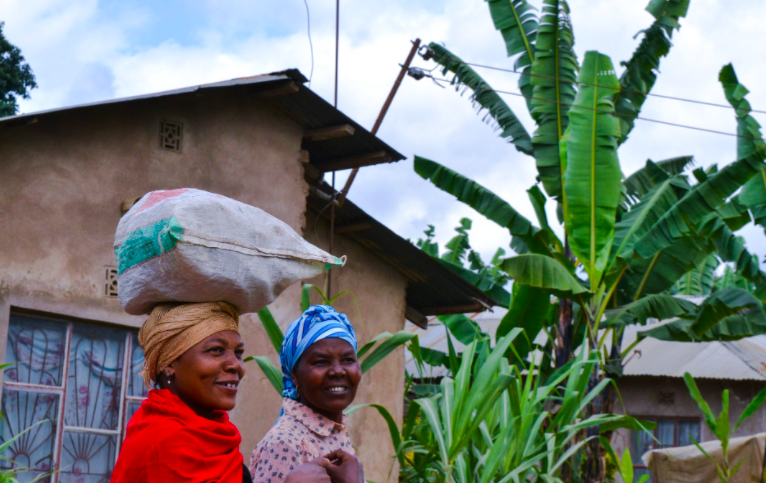A natural disaster like a deadly epidemic inflicts tremendous loss of life but does not damage roads, buildings, or the countries material infrastructure. What it does damage is the social infrastructure like government, the economy and businesses. The good news is that those institutions can be revived and even strengthened despite the loss of human life.
After nearly a year of ravaging West Africa, the Ebola epidemic is nearing an end. Sierra Leone, one of the countries hardest hit, recently re-opened their schools. The United States military officially ended their humanitarian mission last month and the last known case in the country of Liberia has been released from the hospital. Sealed borders are opening, businesses are getting back to work, and costs are being added up. Guinea’s is still fighting to reduce new cases, but the success of their neighbor countries is encouraging.
The World Bank estimated in October that West Africa could lose over 30 billion dollars in GDP due to the epidemic. Surely that number has swelled in the intervening months. Families have also suffered; UNICEF estimates that nearly 17,000 children lost a primary caregiver. Businesses across West Africa shut down and millions of workers were left unemployed. These workers need stable governments that can promote economic growth and jobs. If jobs are difficult to find, there is a risk for extremism, crime and a host of other problems brought about by widespread poverty. An unseen killer like Ebola can leave a psychological scar across a nation as well as a physical one.
The looming dangers Ebola left in its wake, also present new opportunities to rebuild West Africa. Clinics were built to treat Ebola patients: why not convert them into schools for children? Aid workers and organizations have built relationships of trust with communities and can continue to improve living standards. If an organization is ill equipped to do so, they can hand-off the work to others who can take a long-term approach. We should use our footholds and now help with education, clean water, malaria prevention, business and job skills and improvements in government. West Africa can have a future that is better than ever before if we sustain our interest and support.
Another scenario we want to avoid is one where the people who we rushed to help in a life or death struggle feel abandoned due to our sudden withdrawal.
The IMF is planning a relief package to help the West African financial systems get going again but scores of relief organizations and aid groups that were on the ground with locals should play a role in not only rebuilding a country but helping it to prosper.
If we want our lawmakers to remain invested in rebuilding West Africa, we, as citizens need to continue our support by continuing to make resources available. Billions have been donated to fight Ebola. If we keep donating it will seem as if we are investing. The immediate danger may be over. But, West Africa is not out of the woods, yet. A proper recovery is just as important as primary care because it prevents problems from re-appearing. West Africa and the developed world have a remarkable opportunity to stay engaged with each other.
Read more about UNICEF’s coverage of and work to combat the Ebola outbreak at UNICEF.org.
Do more by researching the current state of Ebola in West Africa. Most global news organizations have moved on to other topics, masking the fact that the battle against Ebola is still ongoing. Where does West Africa stand today? How many people are still effected by this struggle?
Donate to Help Stop Ebola in West Africa (UNICEF – United States Fund):





